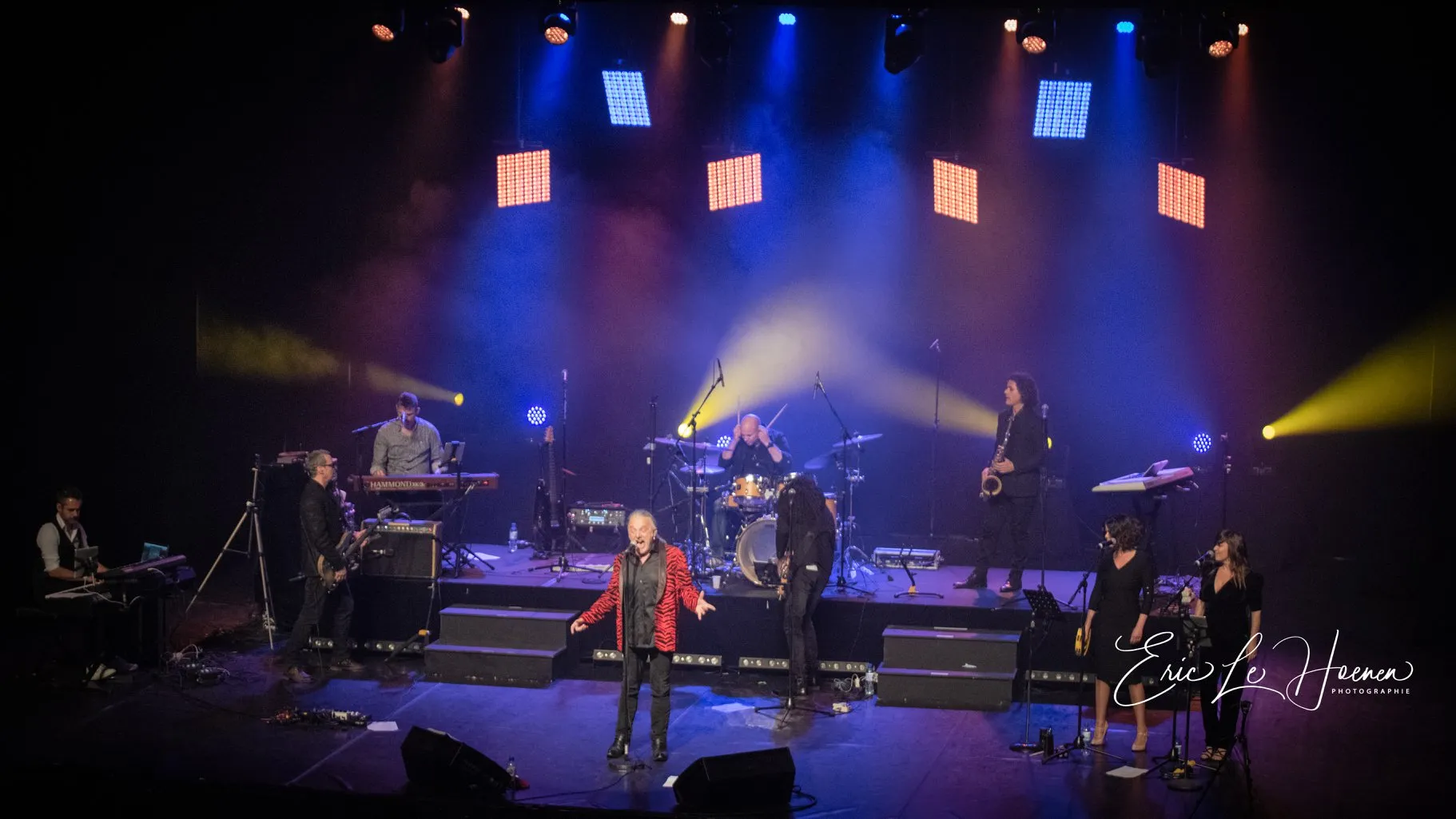June 11, 1988, was a day etched into the annals of history as the world came together at London's iconic Wembley Stadium to honor a man who had become a symbol of courage, resilience, and the relentless pursuit of justice - Nelson Mandela. "Nelson Mandela: An International Tribute" was not just a concert; it was a global statement of solidarity with the anti-apartheid movement in South Africa. Among the luminaries who graced the stage that day, Joe Cocker, with his unmistakable raspy voice and raw emotional power, delivered a performance that transcended music, becoming an indelible chapter in the story of the fight against apartheid.

The Apartheid Struggle: A Painful Reality
Understanding the context of this historic event is crucial. Apartheid, a system of institutionalized racial segregation and oppression, had plagued South Africa for decades. It was a system that stripped non-white South Africans of their basic rights and subjected them to inhumane treatment. Nelson Mandela, an anti-apartheid revolutionary, had spent 27 years in prison for his role in the struggle to end this injustice.

Mandela's imprisonment symbolized the broader fight for justice, equality, and human rights. The world watched with bated breath, waiting for the day when Mandela would be released, and apartheid would crumble.
The Global Outcry: Nelson Mandela's 70th Birthday
"Nelson Mandela: An International Tribute" was a remarkable event organized to celebrate Mandela's 70th birthday and to demand his release from prison. It was a momentous occasion that galvanized artists, activists, and leaders from around the world. The concert served as a global platform to rally support for the anti-apartheid movement, to raise awareness about the dire situation in South Africa, and to send a resounding message to the apartheid regime.

Wembley Stadium, with its storied history as a venue for momentous events, was the perfect stage for this gathering. The audience, a diverse tapestry of people from different nations, backgrounds, and walks of life, came together in a spirit of unity and hope.
Joe Cocker: The Voice of a Generation

Joe Cocker, with his gravelly voice and unparalleled stage presence, was a luminary chosen to perform at this monumental event. Cocker had already carved out a legendary career by 1988, known for his soul-stirring performances and distinctive vocal style. His performances were visceral experiences, marked by an intensity and emotional depth that resonated deeply with audiences.
As Joe Cocker took the stage at Wembley Stadium, the crowd erupted with anticipation. His mere presence was electrifying, and it was clear that this was no ordinary concert. It was an opportunity for Cocker to lend his remarkable voice to a cause greater than any individual.
A Standing Ovation and a Unified Message
As Joe Cocker concluded his set, the stadium erupted in a standing ovation. It was not just a show of appreciation for a remarkable performance; it was a collective affirmation of the values that Mandela had stood for: justice, freedom, and equality.
In those electrifying moments, it was clear that "Nelson Mandela: An International Tribute" was more than a concert; it was a unifying force, a testament to the power of music to inspire change and bring people together. It was a statement that the world stood with Nelson Mandela and the people of South Africa in their quest for a brighter future.
The Legacy of the Tribute
The international tribute to Nelson Mandela in 1988 was a pivotal moment in the global anti-apartheid movement. It raised awareness, mobilized support, and sent a powerful message to the apartheid regime that the world was watching. Nelson Mandela was released from prison in 1990, and apartheid would eventually crumble under the weight of international pressure and the resilience of the South African people.

Joe Cocker's performance at Wembley Stadium remains a poignant chapter in the story of this tribute. His raspy voice, filled with emotion and purpose, became a rallying cry for justice. It was a reminder that music could transcend boundaries and languages, forging connections that went beyond entertainment.
In the grand tapestry of Joe Cocker's career, his performance at "Nelson Mandela: An International Tribute" stands as a shining example of how an artist can use their gift to inspire change and unite humanity in the pursuit of justice and freedom. It was a moment when the voice of one man became the voice of a movement, and the power of music became a beacon of hope in the fight for a better world.



